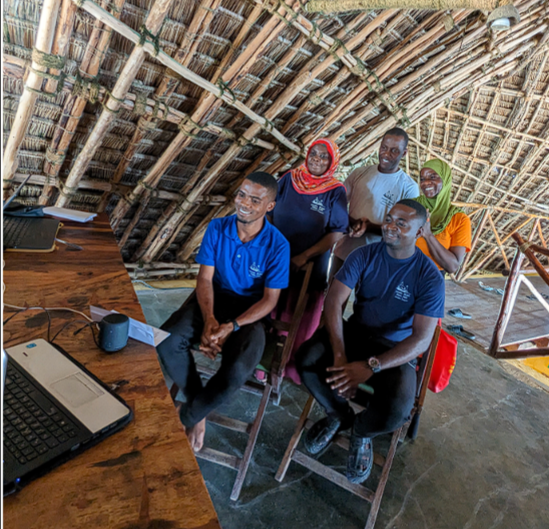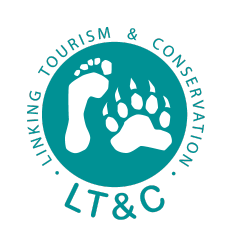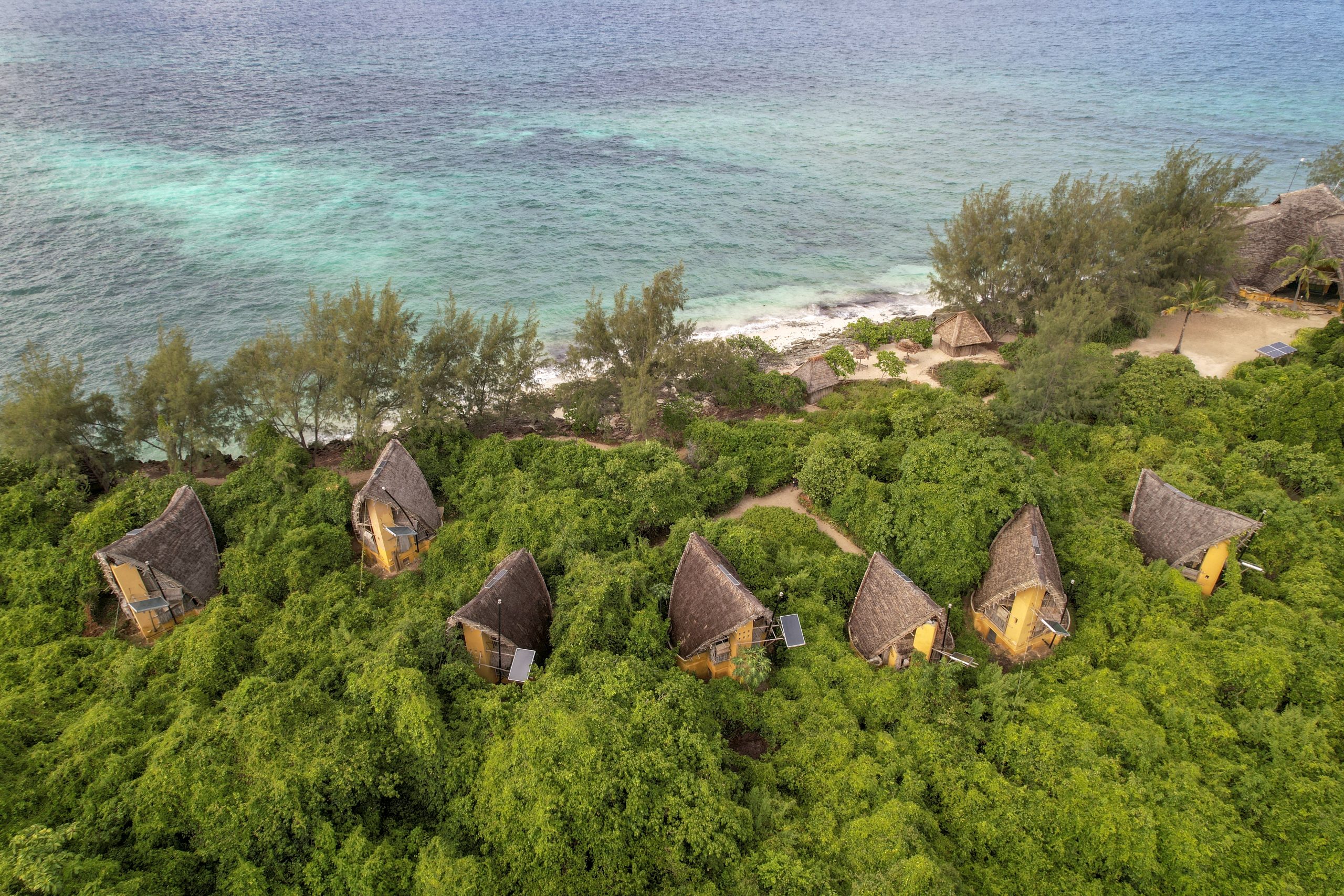News from LT&C Example: Chumbe Island Coral Park
Congratulations to Chumbe Island for its award in recognition of its eco-architecture, low-carbon eco-tourism, and conservation management at the 17th Annual Session of the Global Forum on Human Settlements.
The Global Forum on Human Settlements, in consultation with the United Nations Economic and Social Council, recognized Chumbe Island as globally significant under the category of “Global Low-Carbon Ecological Scenic Spot” at its virtual award ceremony on 16th December.
In announcing the award, the Global Forum noted that Chumbe has “put conservation, education and sustainability at the core of its management and operations” and has achieved “remarkable progress by proactively scaling up a range of low-carbon and green initiatives, such as 100% solar energy, rainwater reuse, waste composting, and community engagement.”

The LT&C Example was described by the Global Forum as an “inspiring example” for the world, providing “a successful and effective model of integrating environment and biodiversity conservation with sustainable eco-tourism.”
Chumbe was also praised for its monitoring programs of the island’s biodiversity, which is “essential in guiding responsible tourism practices and maintaining ecological integrity and diversity.”
Chumbe Island, located 6 km west of Zanzibar and 30 km off the coast of Tanzania, is a private nature reserve with a fully protected coral reef sanctuary, forest reserve, and rare wildlife.
Chumbe Island Coral Park was established in 1991 and is the world’s first financially self-sustaining marine protected area.
Guests can book overnight stays on the island in eco-lodges designed to have nearly zero impact on the environment.
Revenue generated by the island’s eco-tourism helps to fund conservation management and supports environmental education programs with local schools and communities in Zanzibar.
Chumbe also works with local craftspeople, artisans, and fishers to supply furniture, art, soaps, and other products and services.



